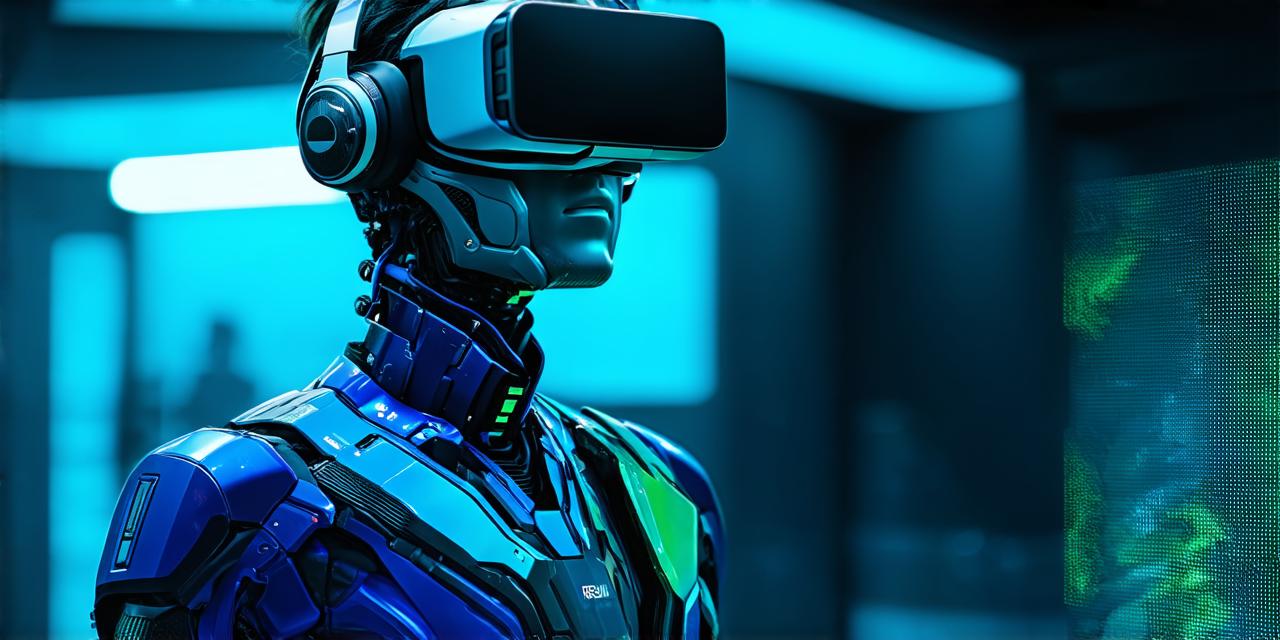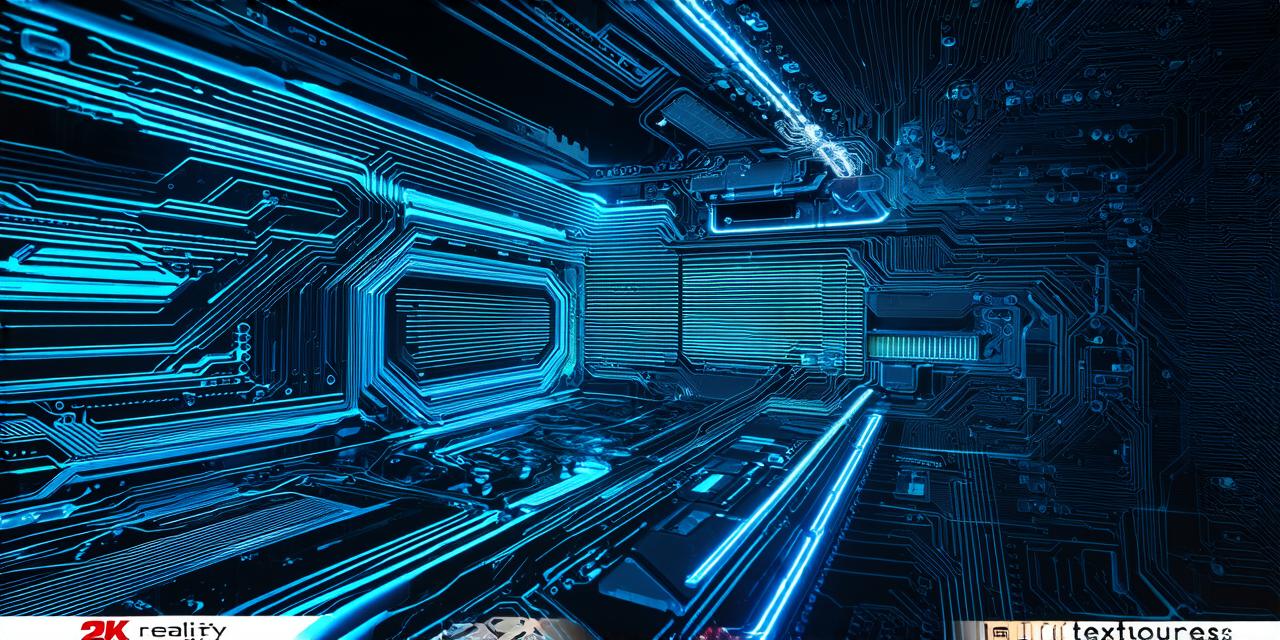Artificial intelligence (AI) has been a hot topic for decades, with many movies and TV shows portraying AI as either a benevolent or malevolent force. However, is AI more fact than fiction? In this article, we will explore the reality of AI and separate it from the myths and misconceptions that surround it.
AI in Reality
AI has been used for a variety of purposes in recent years, including image recognition, natural language processing, and decision-making. These technologies have shown remarkable accuracy and efficiency in their respective tasks, and they are already being used to improve the lives of people around the world.
One of the most well-known examples of AI in action is AlphaGo, a program developed by Google that was able to defeat the world champion in the game of Go. This achievement demonstrated the incredible potential of AI to learn and adapt, and it paved the way for further advancements in this field.
AI in Fiction
Despite the impressive achievements of real-world AI, many people still believe that AI is more fiction than fact. This is partly because of the portrayal of AI in movies and TV shows, which often exaggerate or misrepresent its capabilities.
For example, in movies like Terminator and Ex Machina, AI is depicted as a hostile force that is intent on taking over the world. While it’s true that some AI systems are capable of malicious behavior, these examples are the exception rather than the rule.
The Future of AI
Despite the misconceptions surrounding AI, many experts believe that it has enormous potential to change the world for the better. As AI continues to evolve and improve, it will be able to tackle some of the biggest challenges facing humanity, such as climate change, disease, and poverty.
Of course, like any technology, AI is not without its risks. However, with careful regulation and oversight, it is possible to ensure that AI is used for the benefit of all.
Conclusion
In conclusion, while AI may be more fiction than fact in some ways, it is already having a profound impact on our lives. As this technology continues to evolve, it has the potential to solve some of the most pressing challenges facing humanity.



